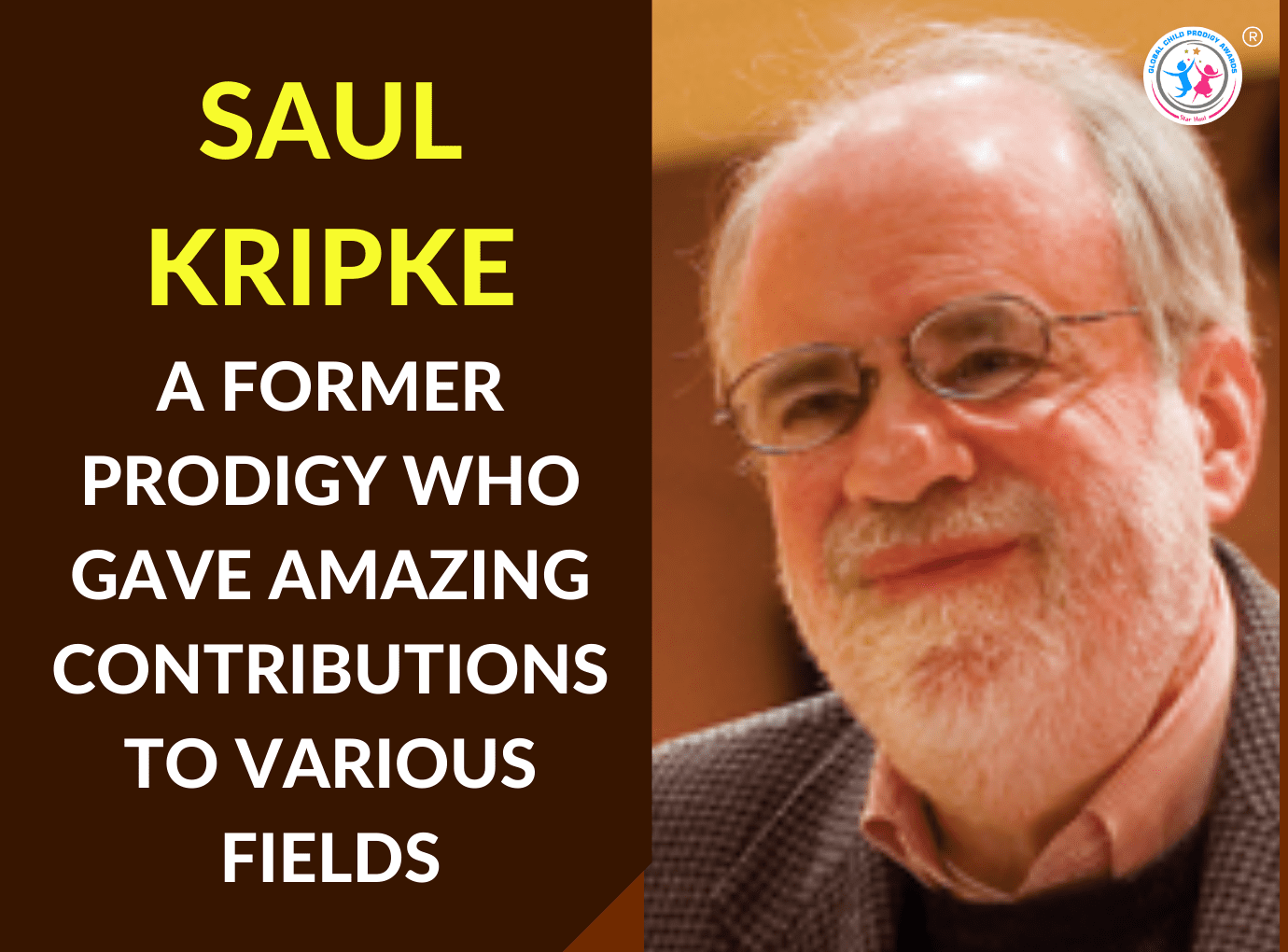Saul Kripke, born on 13 November 1940, in Bay Shore, New York, is the eldest among three children to Dorothy K. Kripke and Rabbi Myer S. Kripke. He was popular as a prodigy, when he began teaching himself Ancient Hebrew at the age of six, reading Shakespeare’s works by the age of nine, and gaining mastery of the works of Descartes and complex mathematical problems before completing elementary school.
Early Life
Saul completed his schooling at Dundee Grade School and Omaha Central High School. He has made an impactful contribution to logic and especially modal logic. His principal contribution is the definition of modal logic that involves possible worlds, now labeled as Kripke semantics. Kripke received the 2001 Schock reward in Logic and Philosophy.

He is also conducive for the betterment of cosmology after the turndown of logical empiricism, laying claim to a necessity for metaphysical notion. A 1970 Princeton lecture series, published in book form in 1980, tagged as Naming and Necessity and is considered as one of the most important philosophical works of the 20th century. It introduces the concept of names as rigid designators, true in every possible world, as contrasted with descriptions. He said rigid designators involve names of proper types.
Kripke also gave a primitive look of Ludwig Wittgenstein, called “Kripkenstein ”, in his Wittgenstein on directives and individual terminology. The book contains his rules and regulations following the argument.
Achievements
Saul wrote his first entirety theorem in 1917. The theory was based upon modal logic and he made it published by the next year. He completed his high school graduation in 1958 and thereafter enrolled in Harvard University, from where he pursued summa cum laude and took a degree in mathematics by 1962.
Building on his graduation, he won the Furbard Fellowship and so was eligible to join the society of fellows. Kripke began teaching from then, he taught at various universities including, Harvard, Rockefeller University, Princeton University, and so on.

He got the university’s Behrman Award for prominent achievement in the humanities in 1988. Kripke has earned honorary degrees from the University of Nebraska, Omaha (1977), Johns Hopkins University (1997), University of Haifa, Israel (1998), and the University of Pennsylvania (2005). He has been a member of the American Philosophical Society and an elected Fellow of the American Academy of Arts and Sciences.
Works & Contribution To Various Fields – Saul Kripke
Talking about his work, Kripke has made major contributions in philosophical conception which include –
- Kripke semantics for modal and related logics, published in various essays originating in his teenage.
- His 1970 Princeton lectures, Naming, and Necessity, remarkably reshuffled the philosophy of language.
- His exposition of Wittgenstein.
- Saul’s theory of verity.
- His idea of recursion theory.
Kripke’s contribution to humanity and Philosophy was noteworthy. He drew the attention of the public because of his theories and experiments. People were astonished by his amazing performances and contribution to modal logic. Generally, people label their success as self-made and so, his achievement was famous as a self-taught child prodigy. He is also the smartest jew in philosophy.
Also Read: Wang Yani, the painting phenom & a former prodigy
Graphic Designer at GCPA | Three Years of Experience in Graphic & Product/Industrial Design
Feel free to contact me at Team@139.84.133.140

